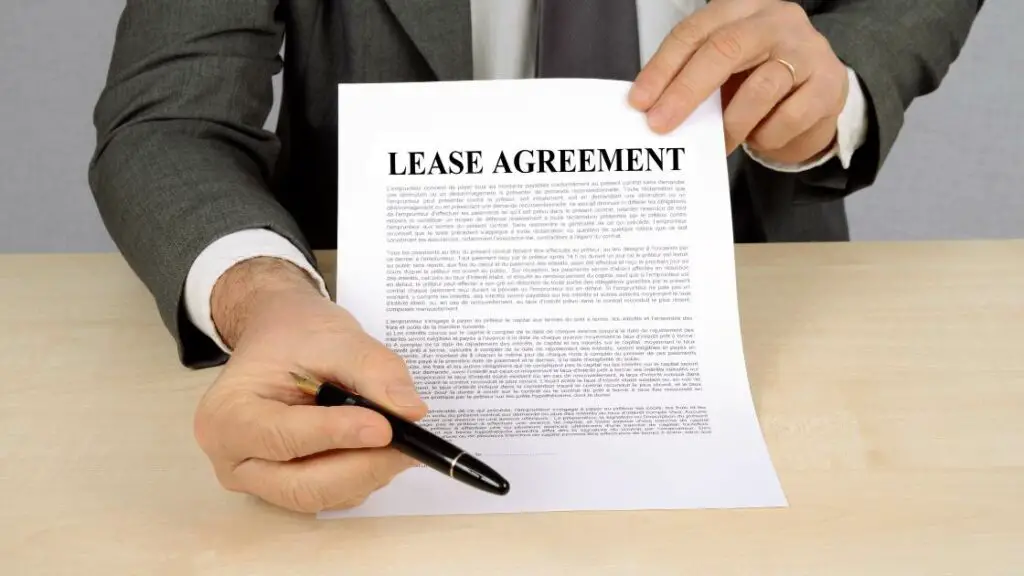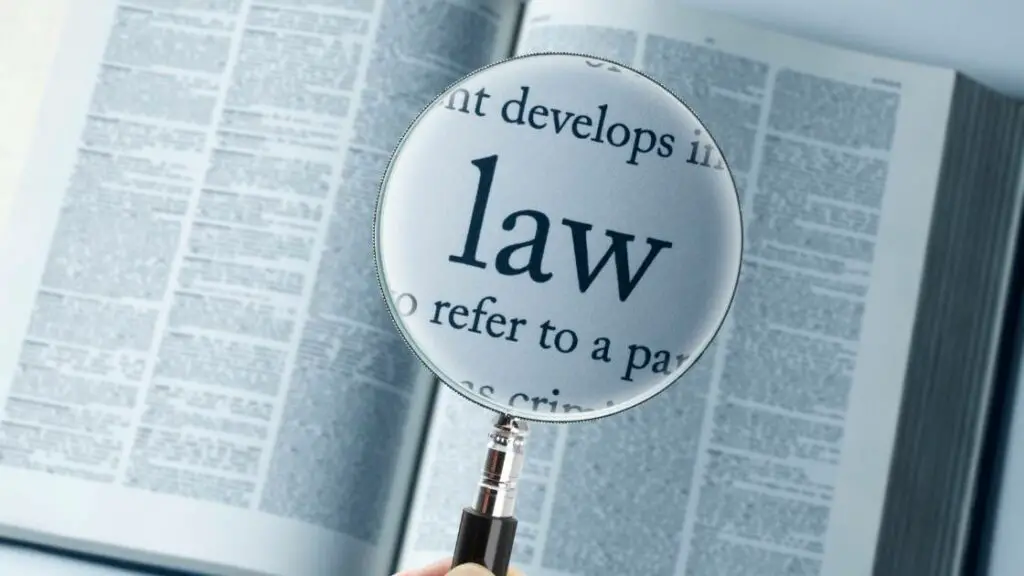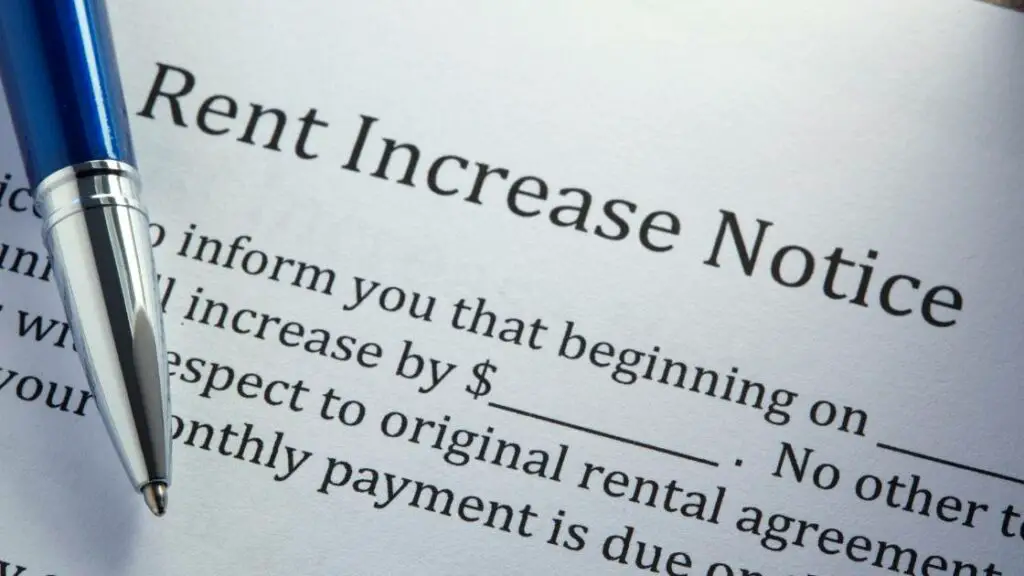If your landlord just changed, you could be having some anxiety around changes that the new landlord will implement.
The biggest concern is probably whether the new landlord will bump up the rent. After all, you have probably heard horror stories of this happening (and in truth it this does happen a lot).
Here’s why.
Many landlords will buy a property at a discount because it has units that are currently renting out at less than market rates. The plan is to fix up the units a little and raise rents to market levels. This will increase the value of the property and give the landlord a quick profit.
Now, this is what they might want to do, but actually forcing tenants to pay a higher rent when their lease agreement is still in place is not always possible.
In this article, I am going to discuss whether a new landlord can increase rents and the legal landscape surrounding this issue.
I will include a discussion of relevant lease agreement provisions, rent control laws, and how renewal periods play into the analysis. I will also provide some tips on how you can best respond to a rental increase in this situation.
If you don’t have the time to read through it all, here’s a short answer to the question:
As a general matter, a new landlord may not increase rents during the term of your lease or if rent control or similar provisions prohibit such increases. However, they may raise rents if you are on a month to month lease or when your initial lease period ends (subject to applicable laws).
Ok, let’s get into it.
The information contained in this post is for informational purposes only. It is not legal advice. You should seek the advice of a qualified legal professional before making any decisions relating to the topics covered by this article.
We may earn commissions from products and services that are purchased or recommended through our website as part of our affiliate partnerships. As an Amazon affiliate, we may earn from qualifying purchases.
Understand Your Lease Arrangement

The first thing you want to do when a new landlord takes over is review your lease agreement if you have one.
If your lease is for a set term (usually a year), then the new landlord must generally honor the rent that is laid out in that lease until that lease expires.
Related Reading: If you want to learn more about rent increases in the middle of a lease term, check out my full article on the topic here.
However, if you are on a month to month lease, your new landlord will typically be able to raise rents with very little delay (often as short as 30 days).
What if you don’t have a lease in place? In most cases, state and local laws will dictate what type of lease is going to be deemed in effect.
In Virginia, for example, the state laws consider you to be under a month to month lease when you don’t have a written lease in effect and you pay your rent month to month. This means that they can terminate your lease upon 30 days’ notice. Source.
As you can see, reviewing your lease agreement is an important first step in determining whether your new landlord can raise your rent, but it is not the only thing you need to do.
You must evaluate state and local laws governing rental increases as well, so let’s turn to that.
Review State and Local Laws Around Rent Increases

State and local laws governing landlord-tenant relationships often touch on rent increases and when they are allowed to happen.
The most notable examples of these types of restrictions are rent control or rent stabilization laws. Of course, not all states have them and even in the few states that do, they are limited to certain regions or cities within that state.
On top of that, rent control laws vary by jurisdiction and some will be more strict than others. But they generally follow a pattern. They will limit the rental increase by tying them to things like inflation, market rates, or property improvements, and will require adequate notice before an increase goes into effect.
They may also limit the frequency of rent increases during a given period of time.
Now all of these could come into play when a new landlord wants to increase rents.
Related Reading: If you want to learn more about rent increases in specific jurisdictions, check out my articles on how to figure out rent increases in California and New York City.
Of course, most jurisdictions don’t have rent control, so they will have far more lenient rules around when a landlord can raise rents and by how much. But even if they do not restrict rental increases, they will often have minimum notice requirements (usually 30 to 60 days) before they can implement them.
The bottom line is that you need to familiarize yourself (or have a lawyer help you) with the relevant state and local laws around rent increases if you want to fully understand your rights.
If you prefer to have a lawyer assist you, I would try JustAnswer. They boast access to thousands of highly-rated, verified real estate lawyers whom you can connect with via their unlimited chat service.
By clicking the banner below, you can get a one week trial membership for only $5, which you can cancel at any time.

Tips on How to Respond to a Rent Increase

Ok, assuming that you have read your lease and know your contractual rights and have done a bit of digging and understand your legal rights, you can now be in a position to properly deal with a new landlord’s request for higher rental payments.
Here are some tips you can use to respond to a new landlord when this happens.
Know Your Legal Rights
Knowledge is power and a tenant who fully understands their rights under contract and law is going to be in a much better position to negotiate with their landlord about a potential rent increase.
After all, you can explain to them that a rental increase is either not allowed (for example if you have a long term lease) or is limited to a certain amount (if rent control provisions exist).
Of course, you may encounter resistance, but it certainly does not hurt to open a dialogue with the landlord and see if you can improve your situation.
Be polite, yet firm, and demonstrate that you really know your stuff. You may find that they may be willing to come to the table and negotiate with you if you are.
Know Your Rental Market
Another great approach to negotiate with your new landlord about rental increases is to come back with solid data on current market rents.
In some cases, the landlord may have faulty information around what the current rental market will support or they may be seeking to hit a certain rent so they can make their profit.
However, just because they want a certain rent does not mean that it is reasonable or realistic. If you can show them proof that their increase is not justified, then you may be able to persuade them to come down to earth.
After all, it is not in their interest to improperly price their units and have them sit on the market because no one is willing to pay that much for that property.
These days, there are plenty of online tools and calculators that can give you estimated market rents. These include free platforms like zillow, redfin, and rentometer.
If you want to learn more about what is a reasonable rent increase, check out my full article on the topic here.
Hire a Lawyer to Help
If all else fails and you think you are in the right when it comes to the law, you can always hire a qualified attorney to represent you. This could take the form of a simple letter from the lawyer all the way to a full-fledged lawsuit.
Conclusion
So there you have it – a detailed look at whether a new landlord can increase your rent and some tips to help you respond to such a request when it comes in. Hope this has been helpful and happy renting!


